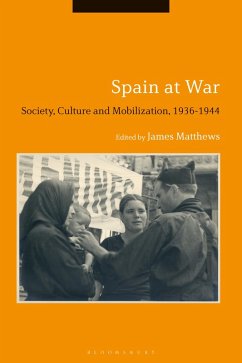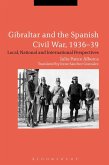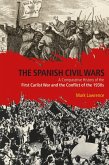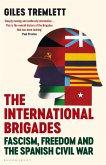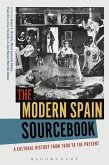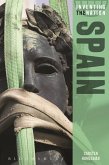Spain's principal and most devastating war during the 20th century was, unusually for most of Europe, an internal conflict. During the Spanish Civil War of 1936 to 1939 two competing armies - the insurgent and counterrevolutionary Nationalist Army and the Republican Popular Army - engaged in a conflict to impose their version of Spanish identity and the right to shape the country's future. In its aftermath, Francoist Spain remained on a war footing for the duration of the Second World War.
In spite of the unabated flood of books on the Spanish Civil War and its consequences, historians of Spain in the 20th century have focused relatively little on the interaction of society and culture, and their roles in wartime mobilization. Spain at War addresses this omission through an examination of individual experiences of conflict and the mobilization of society. This edited volume acknowledges the agency of low-ranking individuals and the impact of their choices upon the historical processes that shaped the conflict and its aftermath.
In doing so, this new military history provides a more complex and nuanced understanding of Spain's most intense period of wartime cultural mobilization between the years 1936 to 1944 and challenges traditional political accounts of the period.
In spite of the unabated flood of books on the Spanish Civil War and its consequences, historians of Spain in the 20th century have focused relatively little on the interaction of society and culture, and their roles in wartime mobilization. Spain at War addresses this omission through an examination of individual experiences of conflict and the mobilization of society. This edited volume acknowledges the agency of low-ranking individuals and the impact of their choices upon the historical processes that shaped the conflict and its aftermath.
In doing so, this new military history provides a more complex and nuanced understanding of Spain's most intense period of wartime cultural mobilization between the years 1936 to 1944 and challenges traditional political accounts of the period.

